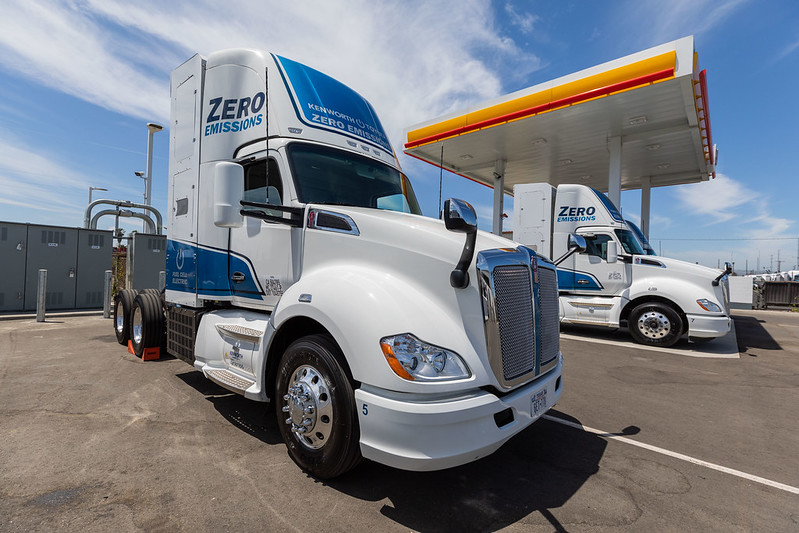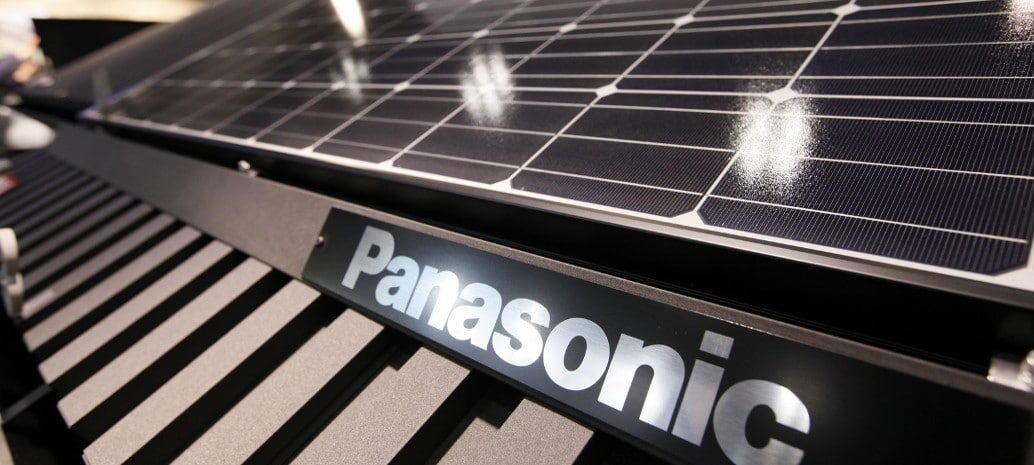The rise of Chinese companies in the field of fuel-cell transport technology has been highlighted in a report by UN agency the World Intellectual Property Organization (Wipo).
The Geneva-based body said 69% of the patent applications related to hydrogen fuel cells came from China. That contrasted with the picture eight years earlier, when China was the fifth-largest source of innovative proposals in the field.
Companies in Japan hold the largest number of existing patents for transport-related fuel-cell tech, followed by businesses in the United States, South Korea, and Germany. But the authors of the Wipo report published last week suggested Chinese companies will overtake them, based on the number of patents emerging from the nation.
The study concerned patent numbers submitted between 2016 and 2020, a period which saw a 23.4% rise in patent applications for technology to generate electricity for transport from hydrogen and oxygen. Road transport was by far the largest application for the patents submitted, although there has been a rapid rise in innovation for specialist uses such as construction vehicles, forklifts, and airport tugs, Wipo stated.
Japan was the second-largest source of patents in 2020, the UN body added, with the 1,186 submissions from that nation amounting to 11.3% of the total. Some 6.2% of the year's applications came from Germany, 5.6% were from South Korea, and the 403 filed in the United States added up to 3.8%. This means the rest of the world supplied 4.4%.
Companies submitted almost eight out of 10 of the patents filed in 2020, Wipo said, with the top 30 businesses accounting for 40% of the year's patents. There was only one non-commercial originator among the top 30: the Chinese Academy of Sciences, an entity under the State Council of China.
This content is protected by copyright and may not be reused. If you want to cooperate with us and would like to reuse some of our content, please contact: editors@pv-magazine.com.




2 comments
By submitting this form you agree to pv magazine using your data for the purposes of publishing your comment.
Your personal data will only be disclosed or otherwise transmitted to third parties for the purposes of spam filtering or if this is necessary for technical maintenance of the website. Any other transfer to third parties will not take place unless this is justified on the basis of applicable data protection regulations or if pv magazine is legally obliged to do so.
You may revoke this consent at any time with effect for the future, in which case your personal data will be deleted immediately. Otherwise, your data will be deleted if pv magazine has processed your request or the purpose of data storage is fulfilled.
Further information on data privacy can be found in our Data Protection Policy.